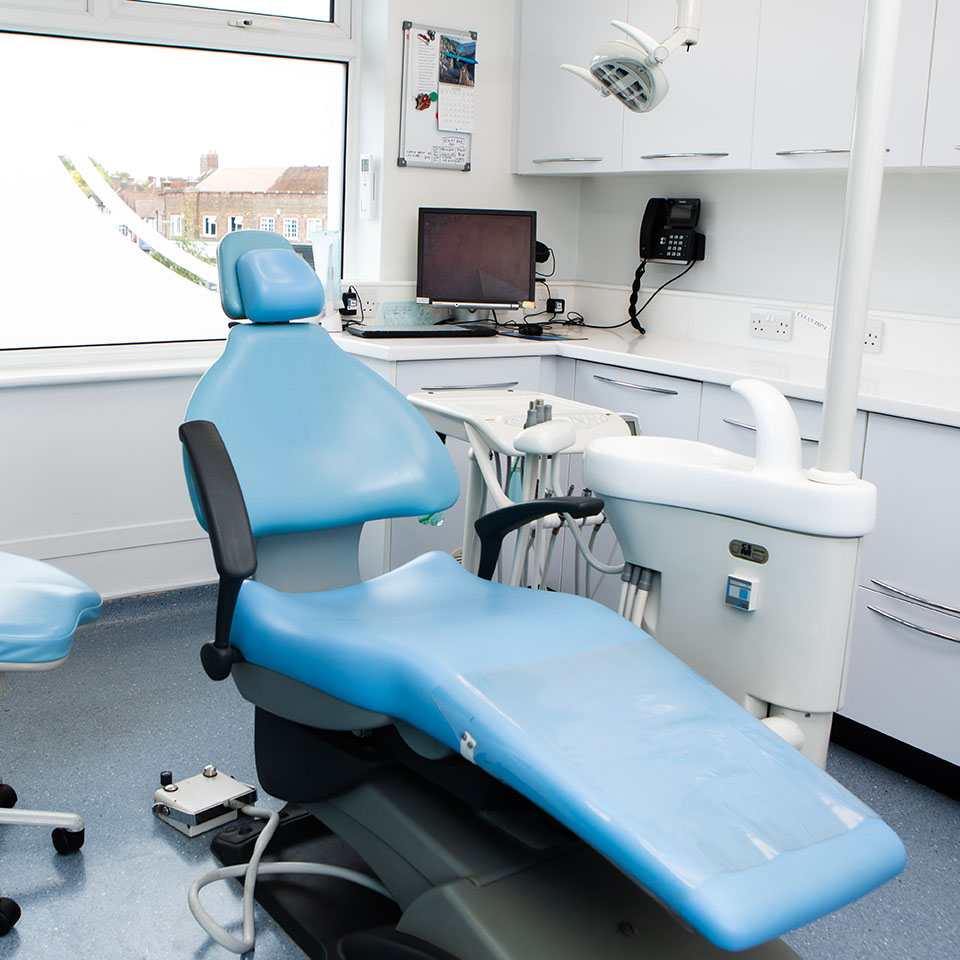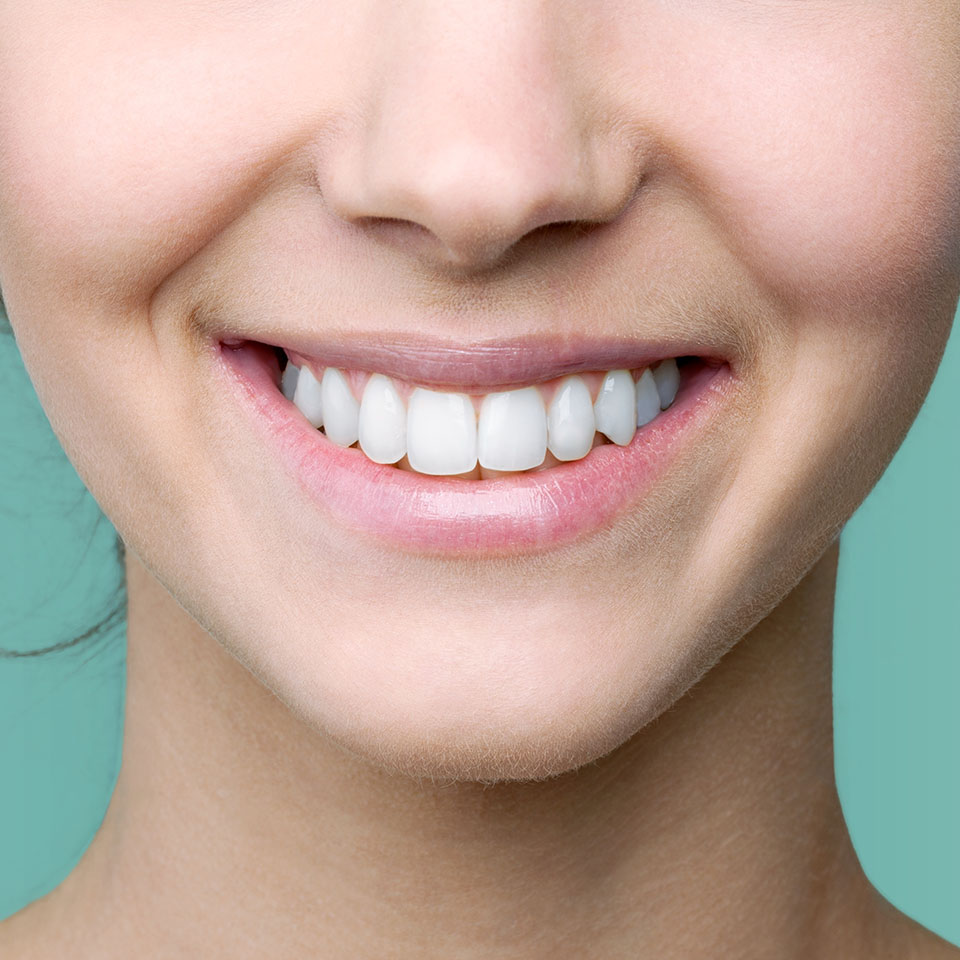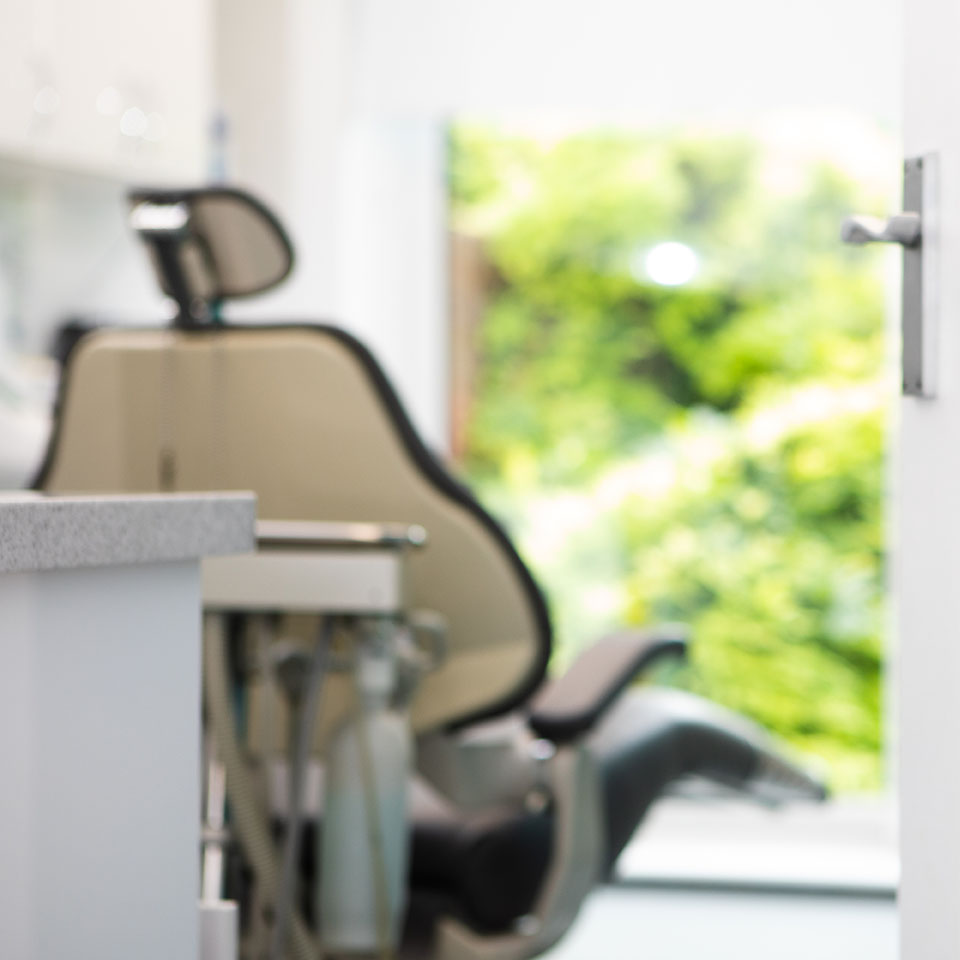
Get in Touch with The Parade Dental Practice
Make your health a priority with a cleaner, brighter smile. Pre-book your next appointment or connect with one of our exceptional team members for more information.
Add an extra layer of protection to your teeth with a comfortable, custom-fit mouth guard.
Mouth guards are essential safety equipment for children and adults. High-contact sports with moving objects (like rugby, cricket, football, boxing, martial arts, hockey, and lacrosse) all involve the risk of dental injuries. Mouth guards (or gumshields) are small, portable, and protect the teeth when there’s contact or injuries to the face. If you or your child play injury-prone sports frequently, consider getting a mouth guard to protect your smile.
Mouth guards are flexible, rubber-like covers that fit snugly across your teeth and gums to protect them from damage caused by hits or heavy blows to the head. At The Parade Dental Practice, our team will custom design a mouth guard moulded to the shape of your mouth to provide the best possible protection.
Depending on your age and when you first get your mouth guard, the appliance may need replacing occasionally to ensure a secure and proper fit. Mouth guards come in various colour combinations, including solid, striped, and transparent – you can also get it made to match your favourite team’s colours.
Booking an appointment and seeing a dentist for a custom mouth guard is highly recommended. Avoid pre-made appliances or home kits since the material may not be robust, safe, or effective as a mouth guard tailored to your mouth and teeth.



A professionally made mouth guard protects your teeth and mouth while playing high-contact or physical sports. Participation in these sports without a mouth guard appliance can lead to broken, cracked, chipped, damaged, or extracted teeth.
Mouth guards mainly protect teeth from injuries, but they are beneficial for other dental health concerns too. A customised mouth guard can relieve symptoms and issues if you snore, grind your teeth, or have sleep apnea. Wearing these protective appliances keeps your top and bottom teeth apart, so there’s a cushion for teeth grinding or clenching.
For those with mild sleep apnea or snoring, a mouth guard pushes the lower jaw and tongue forward to help keep the airway open. Minimising direct contact between the teeth and having an open airway also contributes to better sleep.
Here are three main types of mouth guards:
These bespoke mouth guards are individually made by a professional dentist and provide a precise, long-lasting, and comfortable fit with the highest level of protection.
Boil and Bite mouth guards are often found in sports shops. Insert them into your mouth after boiling them in water. This softens the material so the appliance conforms to the shape of your teeth and mouth.
Stock mouth guards are pre-made and come in various sizes, including small, medium, and large. These are more prone to becoming loose when worn, leading to difficulty speaking.
If you’re interested in a mouth guard and want more information, contact our friendly and welcoming team of professionals to book an appointment.
When worn, mouth guards generally cover your upper teeth since they are more exposed and less protected from impact or collisions to the face. The bottom teeth are protected simply by being further back in your mouth and don’t require a separate mouth guard.
The appliances are U-shaped and inserted before playing sports or sleeping. Custom mouth guards are another tool to protect your teeth from unexpected injuries. At our practice in Ewell, your dental care, health, and safety are important to all of us.
If you have questions about getting a mouth guard device, contact us at 020 8393 1337 or [email protected].



Maintain your mouth guard after every use by brushing the appliance with a toothbrush and toothpaste. Rinse well and ensure your mouth guard is clean and dry before storing it in its original case to prevent bacterial growth. Consider replacing your mouth guard if you notice signs of wear and tear.
Mouth guards are made to last for years, but younger patients may need new ones as their teeth change and grow – even a custom-designed appliance may not fit as well over time. If you have a mouth guard, we encourage patients to bring them to their routine dental appointments. During the visit, your dental hygienist can check the quality and fit of your mouth guard and recommend a replacement if needed.

Make your health a priority with a cleaner, brighter smile. Pre-book your next appointment or connect with one of our exceptional team members for more information.
| Cookie | Duration | Description |
|---|---|---|
| cookielawinfo-checkbox-analytics | 11 months | This cookie is set by GDPR Cookie Consent plugin. The cookie is used to store the user consent for the cookies in the category "Analytics". |
| cookielawinfo-checkbox-functional | 11 months | The cookie is set by GDPR cookie consent to record the user consent for the cookies in the category "Functional". |
| cookielawinfo-checkbox-necessary | 11 months | This cookie is set by GDPR Cookie Consent plugin. The cookies is used to store the user consent for the cookies in the category "Necessary". |
| cookielawinfo-checkbox-others | 11 months | This cookie is set by GDPR Cookie Consent plugin. The cookie is used to store the user consent for the cookies in the category "Other. |
| cookielawinfo-checkbox-performance | 11 months | This cookie is set by GDPR Cookie Consent plugin. The cookie is used to store the user consent for the cookies in the category "Performance". |
| viewed_cookie_policy | 11 months | The cookie is set by the GDPR Cookie Consent plugin and is used to store whether or not user has consented to the use of cookies. It does not store any personal data. |